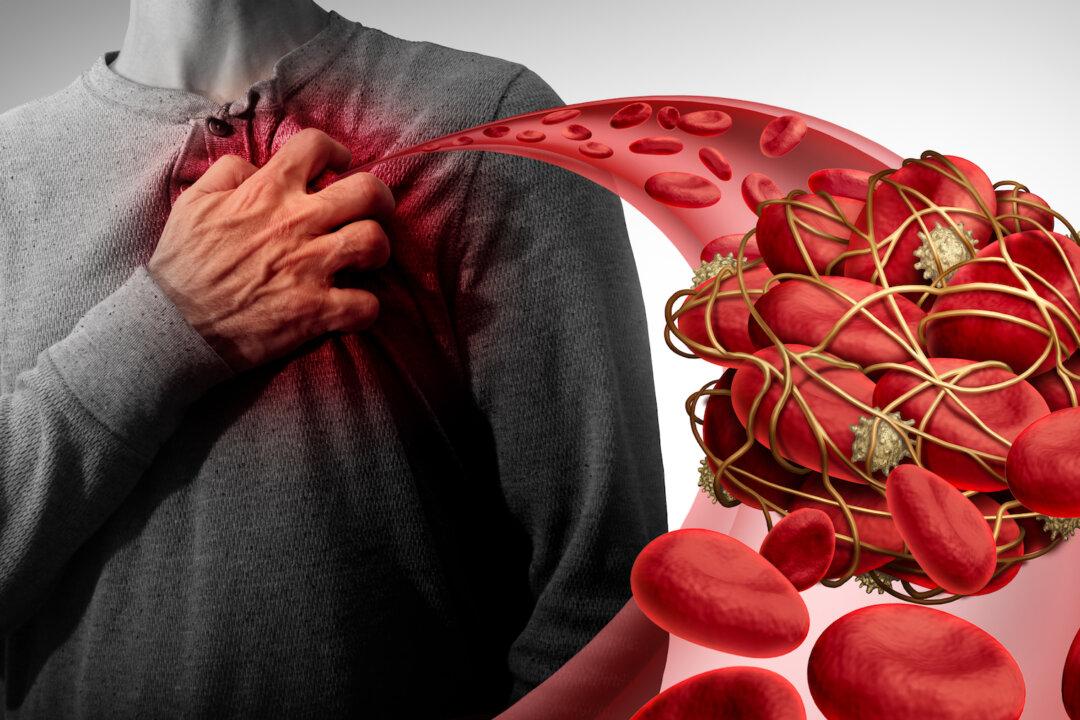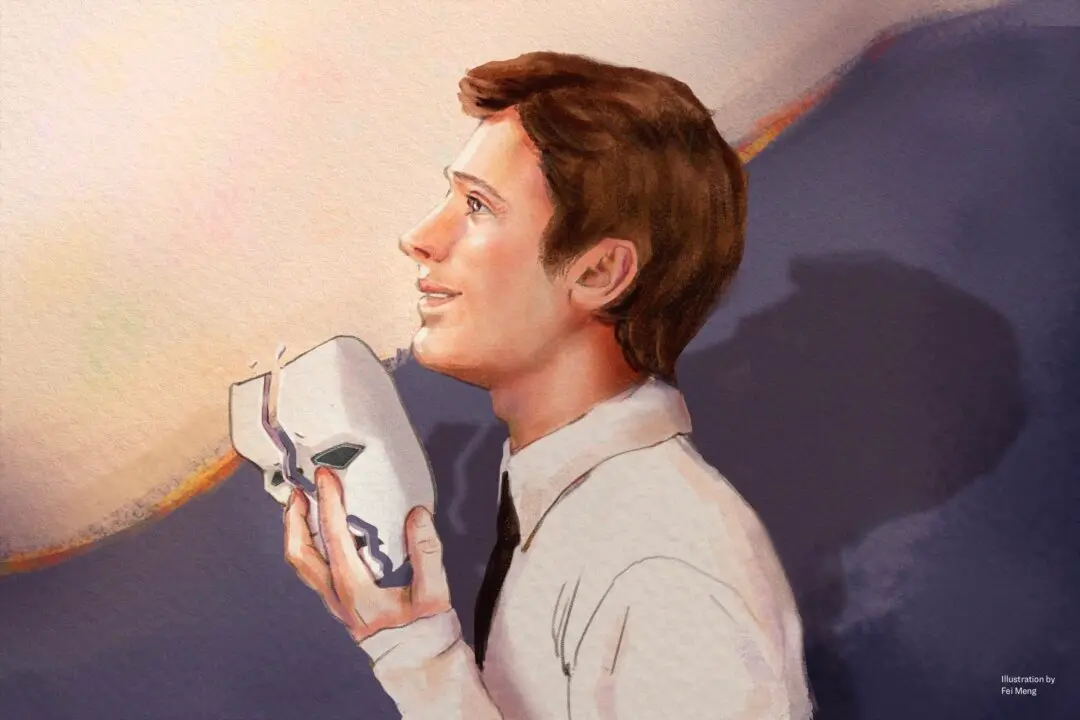A study recently published by the Journal of the American Medical Association indicates that there were two leading causes of death during the COVID-19 pandemic, but neither of them was COVID-19. Rather, they were heart disease and cancer.
The research paper showed the major causes of death in the United States from March 2020 to October 2021. According to the article, 20.1 percent of deaths were due to heart disease, and 17.5 percent were caused by cancer. The third leading cause of death during this time was COVID-19, accounting for 12.2 percent of all deaths.





